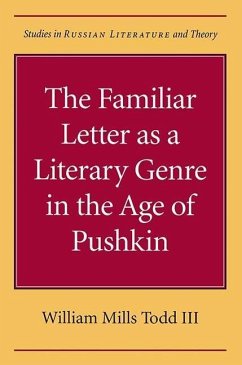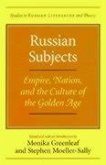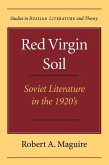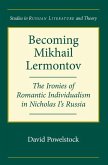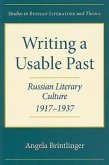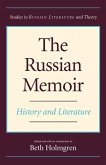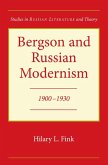In the field of Russian literary studies, there is surprisingly little comprehensive, high-quality discussion of independent genres and their effect on the creativity of an era. This important text on the quasi-public "friendly letter" of nineteenth-century Russia addresses this deficiency. In The Familiar Letter as a Literary Genre in the Age of Pushkin, Todd examines the tradition of familiar letter writing that developed in the early 1800s among the Arzamasians -- a literary circle that included such luminaries as Pushkin, Karamzin, and Turgenev -- and argues that these letters constitute a distinct literary genre. Such letter writing is not original with the Russian Romantics, but the fact that Russia of the 1820s and 1830s developed this genre so powerfully among its finest writers, and integrated French and German prototypes with such skill, makes their practice exemplary. Todd gives a thorough prehistory of the convention of "correspondence, " both salon and scientific, in the eighteenth century, with marvelous citations. He then concentrates on the themes, strategies, and autobiographical functions of the letter for several master writers in Pushkin's time; by considering the writers' peculiar working out of semiprivate personae fashioned in public view, one can better understand certain later first-person works like Dostoevsky's Poor Folk and Notes from the Underground, Tolstoy's Confession, and works of Chekhov. This book's scholarship demonstrates that the real literary life and the genuine advance of literary thought in Russia occurred not in journalistic criticism but rather in this correspondence. Written in an accessible style with translations, an annotated list ofthe Arzamasians, an extensive index, and a bibliography, The Familiar Letter as a Literary Genre in the Age of Pushkin is an invaluable work.
Hinweis: Dieser Artikel kann nur an eine deutsche Lieferadresse ausgeliefert werden.
Hinweis: Dieser Artikel kann nur an eine deutsche Lieferadresse ausgeliefert werden.

